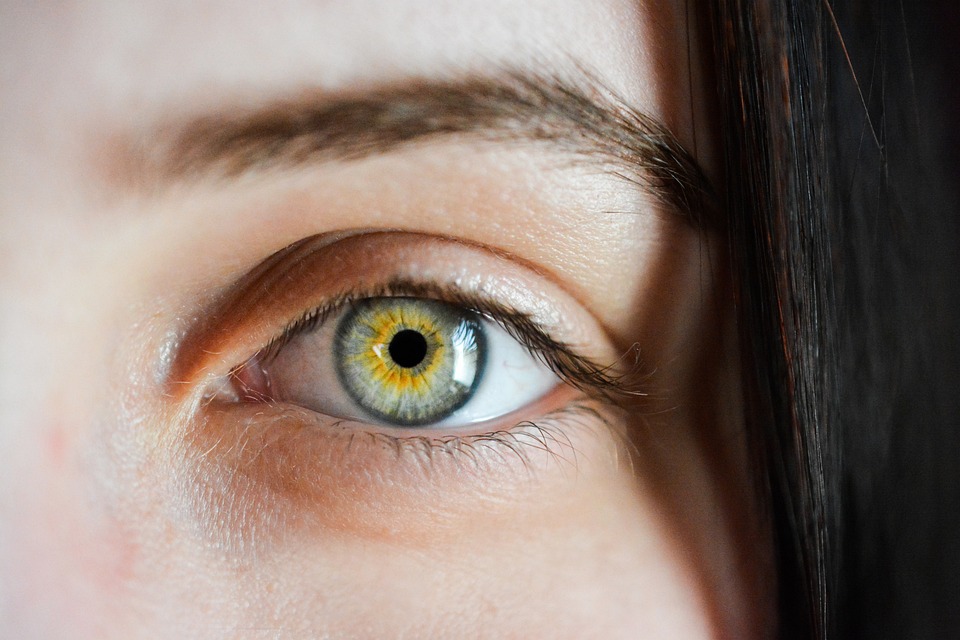
If you're like me, you spend a lot of time in front of screens. Whether that's your job or just how you like to unwind, it's important to take care of your eyes. Digital eye fatigue is the term for eye fatigue caused by the use of technology.
It can cause headaches, blurred vision, and other unpleasant symptoms. In this article, we'll look at digital eye fatigue symptoms, causes, and treatments so that you can protect yourself from them in the future.
Never Ignore!
The consequences of not noticing eye problems can be extremely serious. But most people avoid getting their eyes checked unless they see a change in vision or need a new pair of eye glasses.
According to CDC (Centers for Disease Control and Prevention), approximately 12 million people, 40 years and over in the United States have vision impairment, including 1 million who are blind, 3 million who have vision impairment after correction, and 8 million who have vision impairment due to uncorrected refractive error.
So never wait until the last minute to have your eyes examined if you have any problematic symptoms. Regular eye exams can help you detect severe eye problems and help you avoid losing your eyesight.
The 20-20-20 Rule
There is a simple way to reduce eye strain and fatigue caused by technology, which is the 20-20-20 rule.
If you are looking at a screen, take a 20-second break every 20 minutes. Get up and look at something that’s at least 20 feet away from you for about 20 seconds. This will help relax your eyes, so they don’t get strained from staring at the screen for long periods.
Try Blue Light-Filtering Glasses Or Glasses Designed For Reading
If you're concerned about your vision, try blue light-filtering glasses or glasses designed for reading. Blue light glasses can help with eye strain and headaches caused by staring at computer screens all day and relieves symptoms associated with dry eyes like burning.
They may also improve sleep quality by allowing your body to produce melatonin, the hormone that regulates sleep patterns at the right time of day. And finally, blue light filters can reduce glare on computer screens so that it's easier to read a text without straining your eyesight.
Children's Eyes Are More Sensitive To Blue Light Than Adults
Initially, computers were used primarily by adults. Today, millions of children use computers on a day-to-day basis at school and at home. Blue light is the main source of light emitted by digital devices. Children's eyes are more sensitive to blue light than adults, so they are more vulnerable to damage.
- Eye strain and fatigue are common symptoms resulting from exposure to blue light.
- Long-term exposure can cause macular degeneration, which can lead to blindness in later years.
- It may also lead to cataracts or retinal damage.
Eye care experts recommend limiting your child’s screen time and making sure they take frequent breaks during their digital adventures, which is also recommended for all ages.
Reducing Glare And Reflections
Halting screen glare is possible on your computer and your phone with the help of a glare filter. Glare filters are available at most electronics stores, as well as online. You can choose from a wide variety of styles for different devices, including tablets.
As you start to feel the effects of digital eye fatigue, consider switching to another device entirely. One that doesn't have its own light source. For example:
- Use a lamp instead of your tablet in bed.
- Use an 'old-fashioned' book instead of your phone in bed.
- Use an old-fashioned pen and paper instead of your phone or tablet in bed.
Sleep Hygiene
While it's important to get enough sleep, it is also important to be in bed when you're supposed to be. Our bodies are programmed with circadian rhythms, which dictate our sleep/wake cycles. Technology has a way of disrupting these natural rhythms and causing stress on our minds and bodies.
Avoiding caffeine after lunch will help ensure that you get enough restful sleep at night, as caffeine can make it harder for your body to fall asleep if consumed too close to bedtime.
Avoid using any screens two hours before going to bed, as the blue light from these devices suppresses melatonin production, and melatonin helps regulate our circadian rhythms. Finally, avoid reading in bed, as this can lead you into a cycle of lying awake after falling asleep because your brain will associate reading with being awake!
Conclusion
This very common problem of digital eye fatigue affects millions of people and can have negative consequences on their quality of life. These measures discussed above are some of how you can avoid this and keep your eyes healthy. If you can practice good habits and drop the bad ones, it is guaranteed that your eyes will become healthier and also brighter.